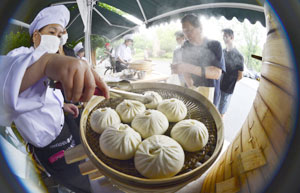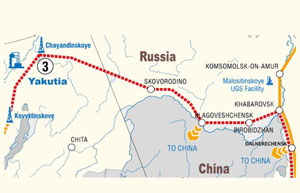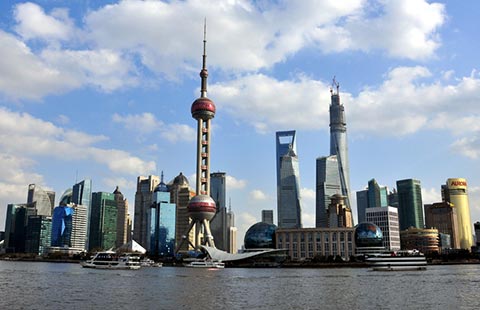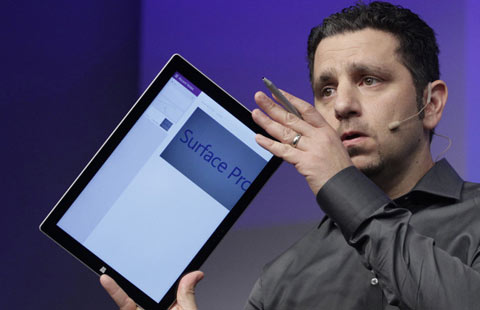State company's 'green' buses a big hit in Brazil
By Lyu Chang and Feng Zhiwei (China Daily) Updated: 2014-05-22 06:53"It is good that we cooperate this way, because if we exported finished vehicles to Brazil, the tariff would be very high and raise the cost of the buses," he said.
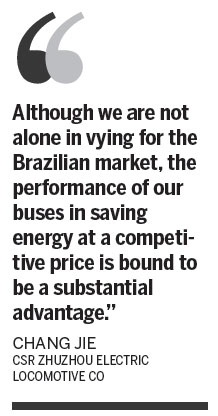
After several years of negotiations, CSR is set to produce about 1,000 buses each year for GULIN, one of the largest public transportation operators in Brazil, if the trial goes well, Chang said.
"We are waiting for the final agreement, which will be signed no later than the first half of next year," he said.
In a country that is making final preparations for the World Cup soccer tournament which will start in June, the trend to develop new energy vehicles is clear, but some daunting challenges remain.
Due to complicated tax policies to attract foreign investment, Chang said that many foreign companies are adopting a wait-and-see approach when they need to establish a further presence in Latin America.
"The hybrid buses along with other electric vehicles need huge investment and therefore it takes longer to generate profits, putting lots of pressure on operators," he said.
"As a result, we need to put a lot of effort into cost control."
The success will establish a good market reputation in South America and mark an important step in China's new-energy automobile industry, which is pursuing a "going global" strategy, the company said.
- Toyota recalls 466,000 vehicles globally
- Trial program to issue 109b yuan in local govt bonds
- Work safety official: More small coal mines to be closed
- PLA can be envoy of domestic brands
- Long way to tackling overcapacity
- Gas deal to bring benefits, price pressure for China
- Canadian province targets China's LNG market
- China's passenger, cargo transportation surges in April
